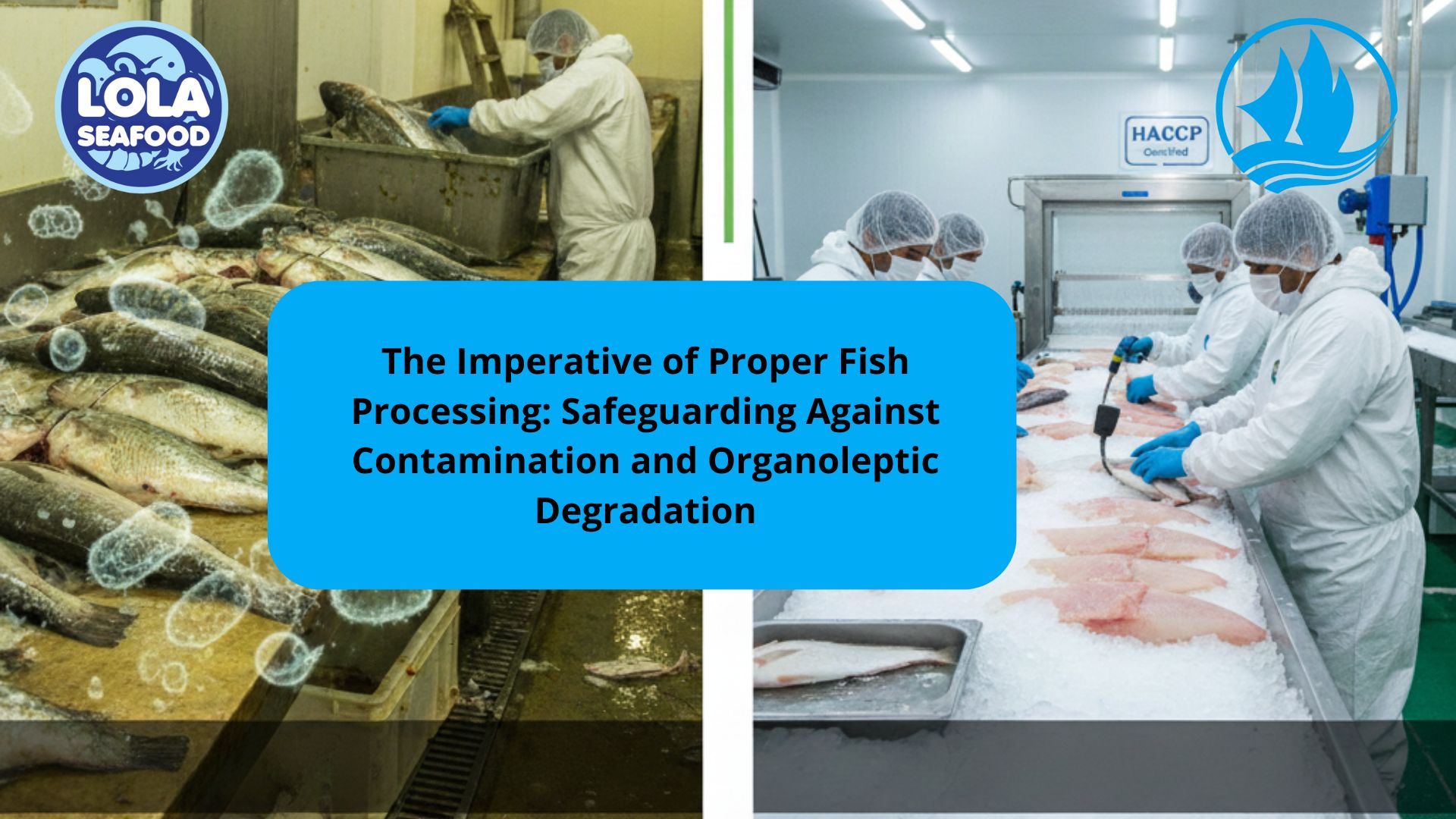Personal Hygiene
By. Najih - 14 Jun 2024.jpg)
Hygiene refers to practices employed to promote and maintain cleanliness. Personal hygiene refers to how people care for their own bodies and personal attire. There are many benefits for people who display good personal hygiene. These benefits can include things such as a larger friend circle and more professional opportunities, as people with sufficient hygiene are perceived in a better light than those lacking in this area.
There are many types of personal hygiene.
The following list is a good starting point for someone looking to build a personal hygiene routine:
1. Dental
Dental hygiene involves more than just having white teeth. A good dental hygiene routine can help prevent issues such as gum disease and cavities. It can also prevent bad breath.
2. Body
Several million sweat glands cover the human body. When bacteria break down sweat, the process creates a smell or body odour. Washing the body will help prevent skin irritation, as well as removing the bacteria that cause body odour. Washing the hair removes oil and keeps a person looking clean and fresh.
3. Hand washing
Regular hand washing is one of the best ways to avoid spreading communicable diseases.
The Centers for Disease Control and Prevention Trusted Source recommend washing the hands at certain times: before, during, and after preparing food, and after changing diapers or cleaning up a child who has used the toilet
4. Nails
Fingernails may harbour dirt and germs, contributing to the spread of bacteria. It is easier for dirt and germs to collect under longer nails, so keeping them short can help reduce the risk of spreading infections.
5. Hair
Keeping one’s hair clean is important more for social reasons than for health. Dirty, unkempt hair can be visually distasteful and may even develop an obnoxious odour. This is often due to a buildup of oil on the scalp from the sebaceous glands. Bacteria feeds on this buildup, resulting in odours. When this buildup of oil is not removed, it can weigh down the hair and make it greasy. It can also contribute to a flaky scalp that can be caused by either too much or too little oil.
From experience that simply sharing knowledge of good hygiene practices rarely results in long lasting behaviour change. So instead, we focus on changing people’s behaviours using innovatively designed and creative behaviour change programmes, based on evidence of what works in specific contexts.

The Legal Shark Value Chain: Identifying Critical Control Points for Cost Efficiency and Value Enhancement from Catch to Consumer

Global Trust Across Three Segments: How the HACCP System Ensures Premium Quality for Demersal, Pelagic Fish, and Legal Shark Product Utilization
.jpg)
Green Investment, Profitable Harvest: How Sustainability Practices Reduce Operating Costs in Fish Fillet Processing Plants (Skin-On and Skin-Less)
 in Meeting Global Protein Demand Sustainably.jpg)
Sustainable Aquaculture: The Role of Recirculating Aquaculture Systems (RAS) in Meeting Global Protein Demand Sustainably




